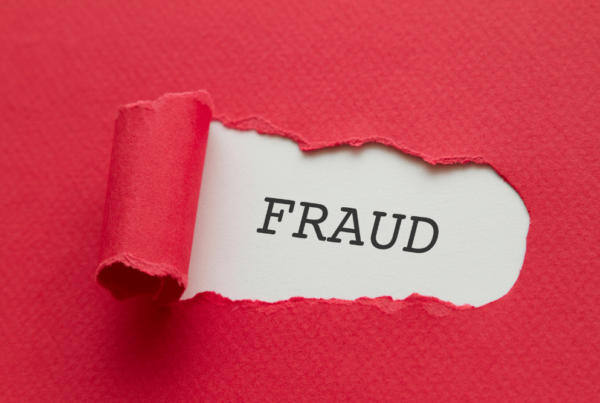To help combat the negative consequences of the COVID-19 pandemic, Congress passed the Coronavirus Aid, Relief, and Economic Security Act in March 2020. The CARES Act was established to provide up to $2.2 trillion in financial assistance to help ease the economic burden of the pandemic.
Since the inception of the CARES Act, individuals and businesses have been able to apply for economic relief in a variety of ways, including the Paycheck Protection Program (PPP), the Economic Injury Disaster Loan (EIDL) program, Unemployment Insurance (UI) program, and COVID-19 health care program.
The majority of the funds disbursed undoubtedly helped individuals and businesses manage the impact of COVID-19. But in the process, various fraudsters applied for loans they were not entitled to. Consequently, the U.S. government has stepped up its efforts to investigate and prosecute any type of fraud associated with programs under the CARES Act.
Overview of CARES Act Fraud Enforcement
As of March 2022, the Department of Justice has conducted criminal and civil enforcement actions involving approximately $8 billion in pandemic relief. The DOJ prosecuted more than 1,000 defendants alleging more than $1 billion in losses, and seized more than $1 billion in EIDL proceeds. In addition, there were more than 240 civil investigations involving more than $6 billion.
In the face of escalating fraud in the context of the CARES Act, the U.S. Attorney General created the COVID-19 Fraud Enforcement Task Force. Initially, the DOJ focused on blatant fraud, which included prosecuting individuals who applied for PPP loans and submitted a fraudulent application for the loan or the subsequent application for forgiveness. The defendants prosecuted generally created fictitious entities and/or claimed a false number of employees, then spent the loan on personal items, such as cars and travel. It was clear that the DOJ could not prosecute all fraud that resulted from the PPP.
Thus far, DOJ fraud enforcement efforts have typically centered on individual borrowers, but a recent case in the Southern District of New York demonstrates a shift in focus, and possibly, future prosecutions.
Examination of PPP Lender Fraud Case
In March 2022, the DOJ announced the arrest of Rafael Martinez, the CEO of MBE Capital Partners, LLC. Martinez allegedly made false statements and representations to obtain approval for MBE to function as a PPP lender.
In 2020, Martinez applied for a PPP loan on behalf of MBE. To obtain this loan, Martinez made numerous false statements about the number of MBE employees and the amount of payroll. To support the false statements, Martinez submitted fraudulent tax records with a forged signature from the purported preparer, which netted him a loan of $283,764.
On April 9, 2020, Martinez applied for approval for MBE to become a PPP lender. To obtain approval, Martinez made numerous false statements about MBE’s loan business and other financial receivables. To justify these false statements, Martinez submitted fraudulent financial statements with a forged signature from the purported auditor.
After becoming an approved lender and securing additional funds, MBE issued $823 million in PPP loans to approximately 36,600 businesses. MBE earned approximately $71.3 million in fees from those loans. Martinez then used the earnings to purchase a $10 million villa in the Dominican Republic, a $3.5 million mansion in New Jersey, and 5 luxury cars.
Charges & Penalties for PPP Lender Fraud
Martinez was arrested and charged with bank fraud, wire fraud, making false statements, aggravated identity theft. Despite the egregiousness of the allegations against Martinez, this case could signal a shift towards increased government focus on PPP lenders, whether that be focusing on fraud perpetrated by the lender, or simply failing to comply with the Bank Secrecy Act or not doing the appropriate due diligence on questionable loan applications.





